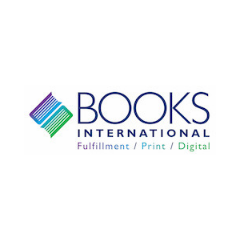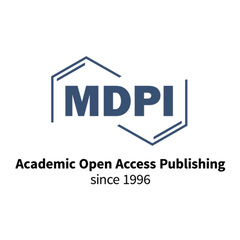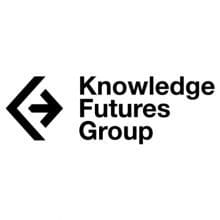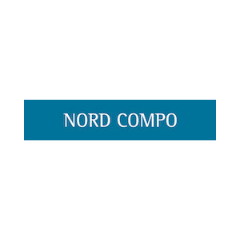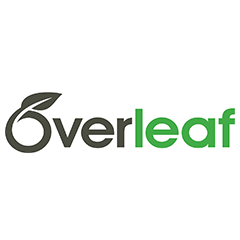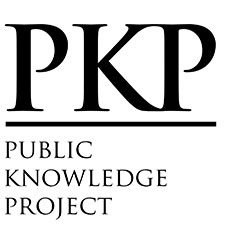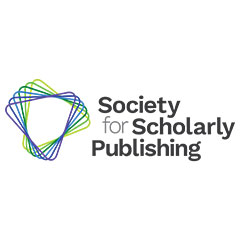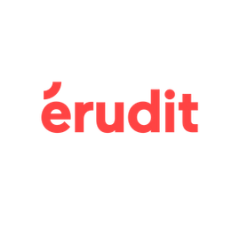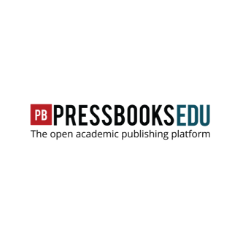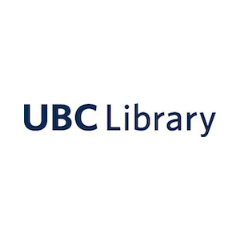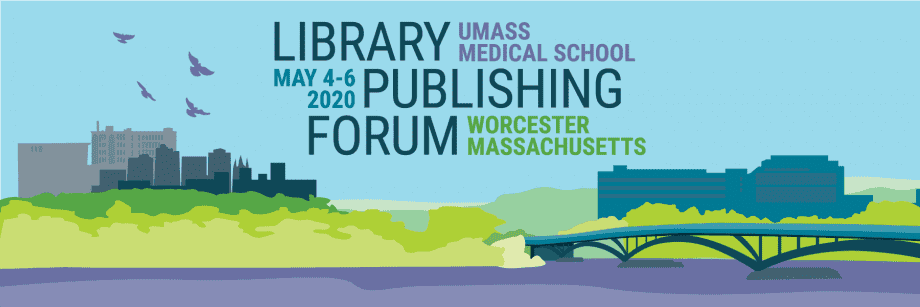
March 10, 2020
Poster Talks & Session
Day: Tuesday, May 5, 1:30 PM to 2:45 PM
Room: TBD
Library Publishing Workflows Preliminary Findings
Presenter: Brandon Locke, Educopia Institute
Description: Library Publishing Workflows (LPW) is a two-year, IMLS-funded project to investigate, compare, and model diverse scholarly journal publishing workflows. Educopia Institute and the Library Publishing Coalition are working with 12 partner libraries to create documentation and models of workflows employed by journal publishing programs, with the goal of increasing the capacity of libraries to publish open access, peer-reviewed scholarly journals.
This poster will present preliminary findings from the first round of interviews for the LPW project. LPW staff conducted are conducting interviews with library publishers from November 2019 through March 2020, focusing on the skills, services, and infrastructure used by libraries—including the actions they perform in house or outsource, the personnel involved in the process, and the tools and platforms used. We will be able to share common pain points and frustrations, and point to trends and areas of divergence amongst the participants. We also hope this poster can be a space for conversation amongst Forum attendees, to discuss similar frustrations and pain points in their own processes.
Driving more Green OA: The Advancing Hyku project
Presenters: Brian Hole, Ubiquity Press; Ellen Ramsey, University of Virginia
Description: Advancing Hyku is a collaborative project running from 2019-2021 to support the growth of green open access through institutional repositories, by introducing significant structural improvements and new features to the Samvera Community’s Hyku platform. The project partners are University of Virginia Library, Ubiquity Press and the British Library, with funding from Arcadia, a charitable fund of philanthropists Lisbet Rausing and Peter Baldwin. This poster will outline the project and present the outputs of the project to date.
Repository Flexibility and Responsiveness with Hyku for Consortia
Presenters: Gretchen Gueguen, PALCI; Amanda Hurford, PALNI
Description: Partnering consortia, PALNI (the Private Academic Library Network of Indiana) and PALCI (the Pennsylvania Academic Library Consortium) are collaborating on a new initiative to produce an affordable, open-source, collaborative institutional repository (IR) solution based on the Hyku software. By creating a shared platform, the two consortia hope to create a flexible and responsive repository service—one they can manage collaboratively in order to respond to both longstanding and emerging IR needs presented by their constituents.
Consortia offering a low cost IR platform option to their partner libraries open doors for smaller institutions and those with shrinking budgets and staff. This project intends to better enable consortially supported libraries to participate in library publishing of open educational resources (OER), electronic theses and dissertations (ETD), and present the potential for institutions to further grow their own tailored local publishing programs.
Accessibility beyond web standards for improving User Experience
Presenter: Israel Cefrin
Description: A fully open access journal intends to be used by humans. Due to the uniqueness of each person, we may find different accessibility issues that even W3C standards can’t cover yet. Hence, only the use of web standards may not ensure a fully accessible online interface.
For that reason, PKP has started in 2019 an Accessibility project aiming to turn its Default Theme accessible and also compliant with the Accessibility for Ontarians with Disabilities Act (AODA) best practices. This project also includes concerns from Section 508, but the most important: we are testing with real people with real disabilities.
Mapping Libraries and Open Access Publishing in the Liberal Arts at Amherst College
Presenters: Hannah Brooks-Motl, Amherst College Press and Lever Press; Este Pope, Amherst College
Description: The Amherst College Library makes significant contributions to the open access publishing landscape. This poster will provide an overview of the staffing and institutional resources involved in supporting two open access presses housed at Amherst College Library: Amherst College Press, the only open access press located in a liberal arts college, and Lever Press, an innovative open access press funded through a consortium of liberal arts college libraries, of which Amherst College is a founding member. The director and assistant acquisitions editor of both Lever and Amherst College Press are based in the library and work closely with various library departments and staff members on a range of projects and initiatives. By mapping the links, collaborations, and reciprocities between press and library activities within the larger ecology of a liberal arts campus, this poster will highlight opportunities and challenges to Amherst’s model and generate conversations about how liberal arts college libraries can engage in academic publishing and open access efforts.
Flexible Files: Creating Accessible Web Publications from PDF Documents
Presenter: Matthew Hunter, Florida State University
Description: Despite the availability of flexible file formats for digital publishing, many journals prefer the PDF as their go-to output format. XML and HTML versions of journal articles can be created from PDF documents to publish multimedia content, and these markup languages offer greater opportunities for web accessibility. While some vendors offer file conversion services, library publishers may not have the funds to outsource this service. There are alternative options for publishers who wish to convert PDF documents into other formats in-house using various open source and proprietary software. This poster describes a potential workflow used by Florida State University Libraries to transform PDFs into workable HTML and XML files.
Enriching Digitized Books with Supplemental Materials
Presenter: Joseph Muller, University of Michigan
Description: Michigan Publishing in the University of Michigan Library is currently digitizing one hundred books that were published over the last sixty years by three of the university’s Asian studies centers, with funding from the NEH and the Mellon Foundation. In addition to creating open EPUB3 and PDF editions of the books, we are working to enhance up to twenty titles with supplemental materials, potentially including audio clips, videos, transcripts, or other data that emerge from the archive. The destination platform, Fulcrum, is designed for such enriched monographs, but preparing content for Fulcrum often requires custom workflows and data curation procedures. In this poster, I will provide an overview of the ongoing process of multimedia enrichment, including identifying materials through campus and disciplinary networks, curating metadata and content, fitting the work into existing flows and groups, and managing copyright issues.
Learning outcomes
Attendees will be able to compare their own project outcomes and ideas to our experience and our institutional context. Adding multimedia content to digitized books is a complex process, and opportunities are dependent on situational factors such as the nature of the books and their disciplines, availability of additional materials, time available, technical systems and expertise, and the copyright status of the material. I hope that in listening to our process, attendees will reflect on or formulate plans for their own multimedia humanities publishing projects.


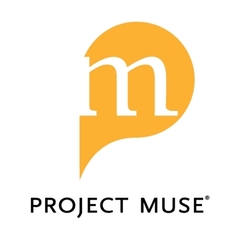
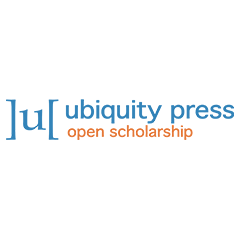
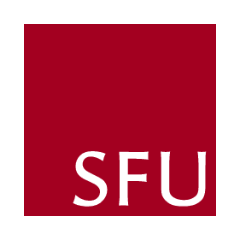 Simon Fraser University
Simon Fraser University